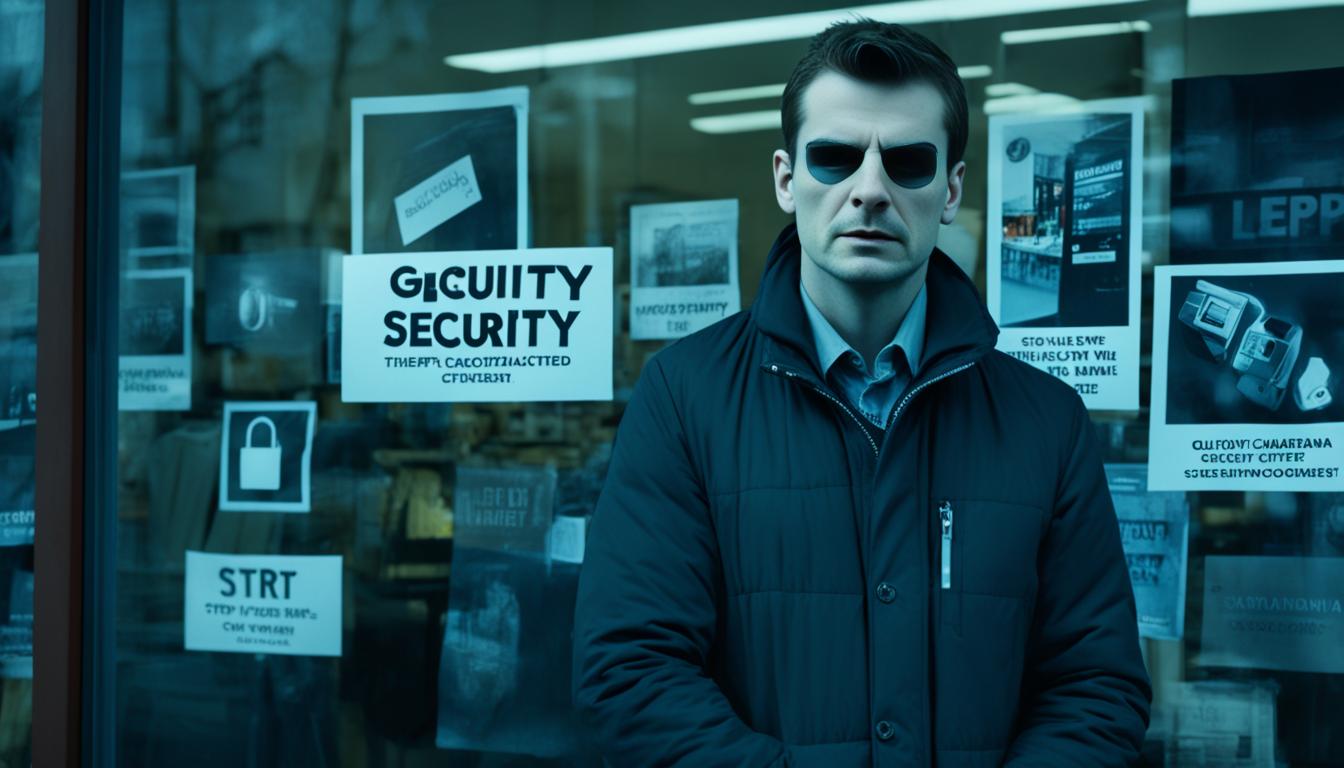Compulsive stealing, or kleptomania, is when someone can’t stop stealing. They take things they don’t need or aren’t worth much. This problem can make both the person and those around them upset.
People with kleptomania feel like they have to steal. They often feel stressed and then find relief by stealing. But, they also feel bad about it afterwards.
The reason behind kleptomania isn’t clear. It could have something to do with brain chemicals. Having a family history of similar disorders, like substance abuse, might also increase the risk. So can having other mental health issues.
Left untreated, kleptomania can cause many problems. It can affect your emotions, your family life, your job, and even get you in trouble with the law. Treatment often includes therapy and possibly medication.
There is no known cure for kleptomania, but treatment can help. Stem cell therapy is being looked at as a possible option. But, more research is necessary to be sure it’s a safe and effective treatment.
Key Takeaways:
- Compulsive stealing, or kleptomania, is a mental health disorder characterized by an inability to resist the urge to steal items of little value.
- It is different from criminal theft, as it is not driven by financial gain or personal motivations.
- Symptoms include an inability to resist stealing, increased stress and anxiety leading to theft, and feelings of joy or relief during stealing.
- The exact causes of kleptomania are not known, but it may be related to neurotransmitter imbalances and the brain’s opioid system.
- Treatment includes medication (such as naltrexone and antidepressants) and psychotherapy (such as cognitive-behavioral therapy).
Symptoms of Kleptomania
Kleptomania is when someone feels a strong need to steal things. These items are usually not needed or not very expensive. People with this may feel very anxious before they steal. But, when they take something, they might feel very good, at least for a little while.
Afterwards, they feel bad. They might feel guilty, or worry about getting caught. The thefts happen over and over. A person with kleptomania finds it hard to stop themselves, even though they know it’s wrong.
They steal without a plan, often when they’re alone. They target places like stores. But, they might also take things from people they know. The things they steal usually end up unused, hidden, or given away. Sometimes they might try to return the items secretly.
The urge to steal can change in strength over time. It can be really strong, or not so bad. This depends on different things.
Severity of Symptoms
Kleptomania’s effects can be mild or severe. Some have small urges and might steal a little. Others have strong urges and steal often, which makes everything harder.
This problem can lead to legal trouble, break relationships, cause money issues, and upset emotional health. It not only affects the person who steals but also those close to them.
It’s key to notice the signs of kleptomania early to help. Understanding the problem can make it easier for affected people to get the right help. They can learn to manage and improve the situation for themselves and their loved ones.
Causes and Risk Factors of Kleptomania
The causes of kleptomania are a bit of a mystery. But, studies show it might be tied to imbalances in the brain’s chemicals and its opioid actions. A big part of kleptomania is acting without thinking, which could come from issues with a chemical called serotonin. This chemical helps control our feelings and moods. Another system in the brain, the dopamine system, helps us feel good. But when this system isn’t working right, it might lead to kleptomania. Even the part of the brain dealing with opioids could be out of sync. This might make someone feel a very strong need to steal.
Kleptomania might also show up with other issues. These could include feeling bad about oneself, being very jealous, feeling very down, or having problems with food. Pressure from friends or the need to fit in can make these feelings worse. Some people could try to fill the emptiness in their lives by stealing. If there’s a history of problems like this in the family or of using drugs and alcohol, the risk goes up. The same is true if there are other illnesses present, like bipolar or anxiety disorders. These factors could mean a higher chance of getting kleptomania.
Getting help for kleptomania is crucial to overcome it. Treatment focuses on the root causes and factors that contribute to the problem. This can help stop the negative fallout of this illness and aid in symptom management.

